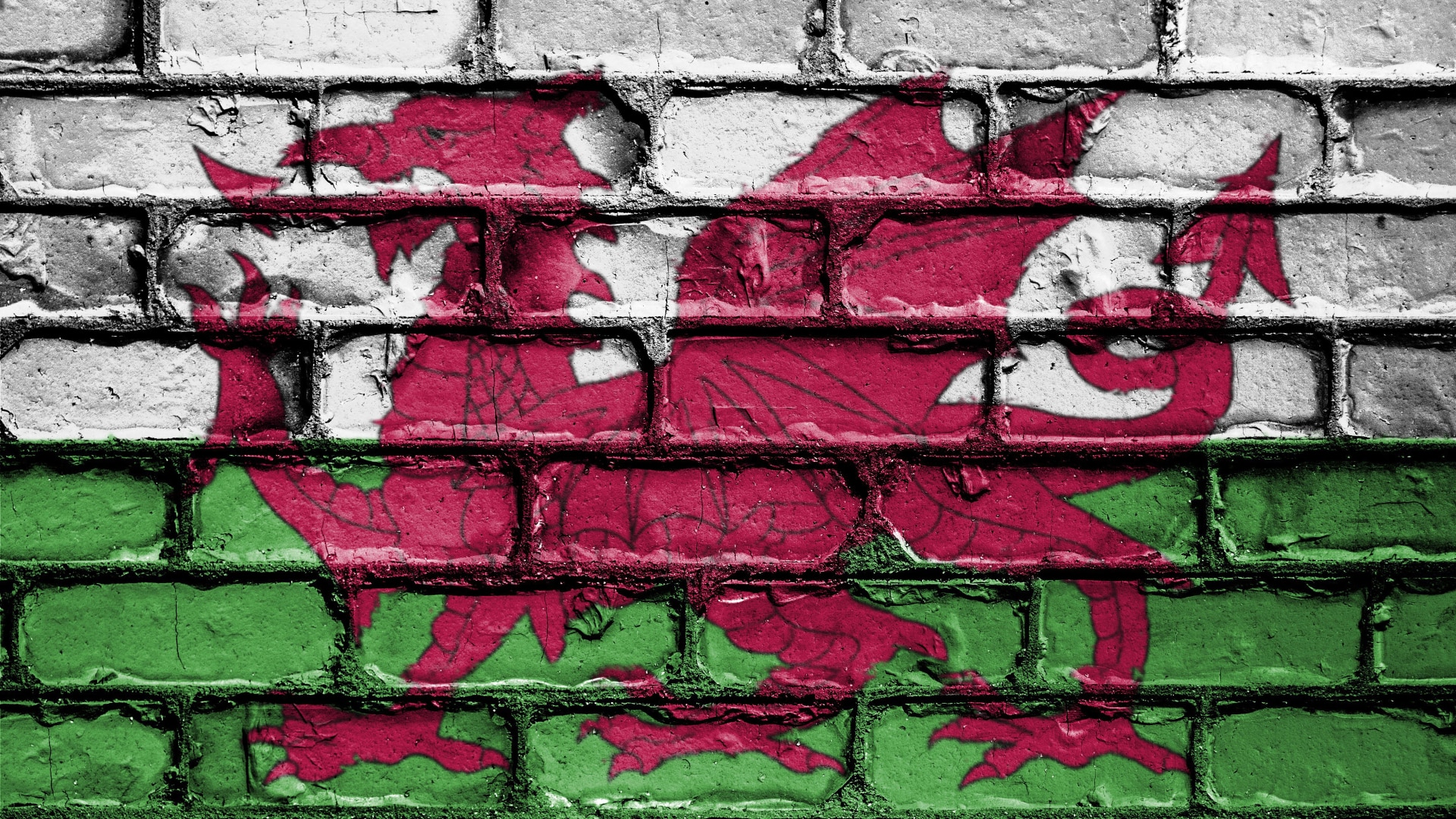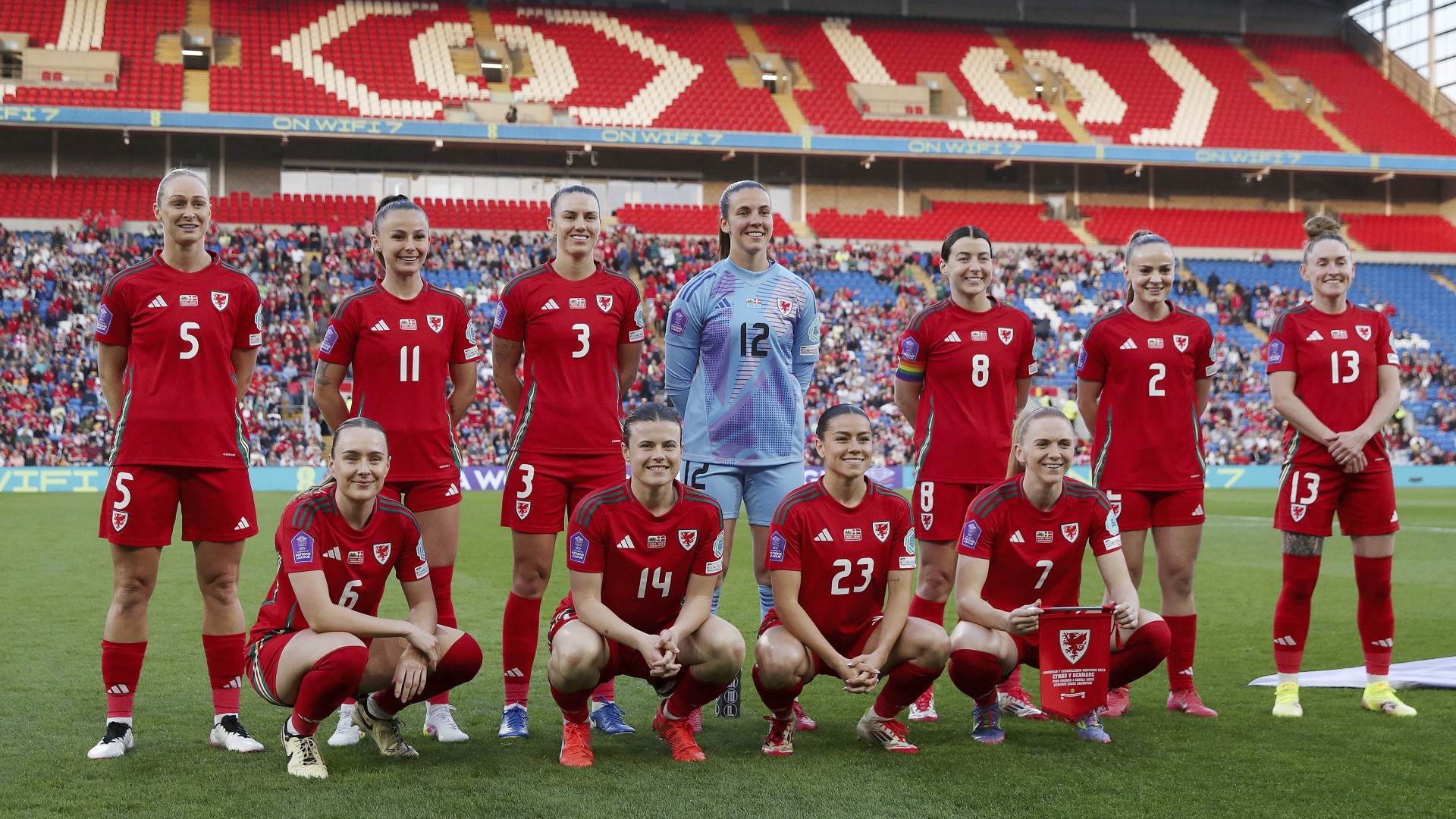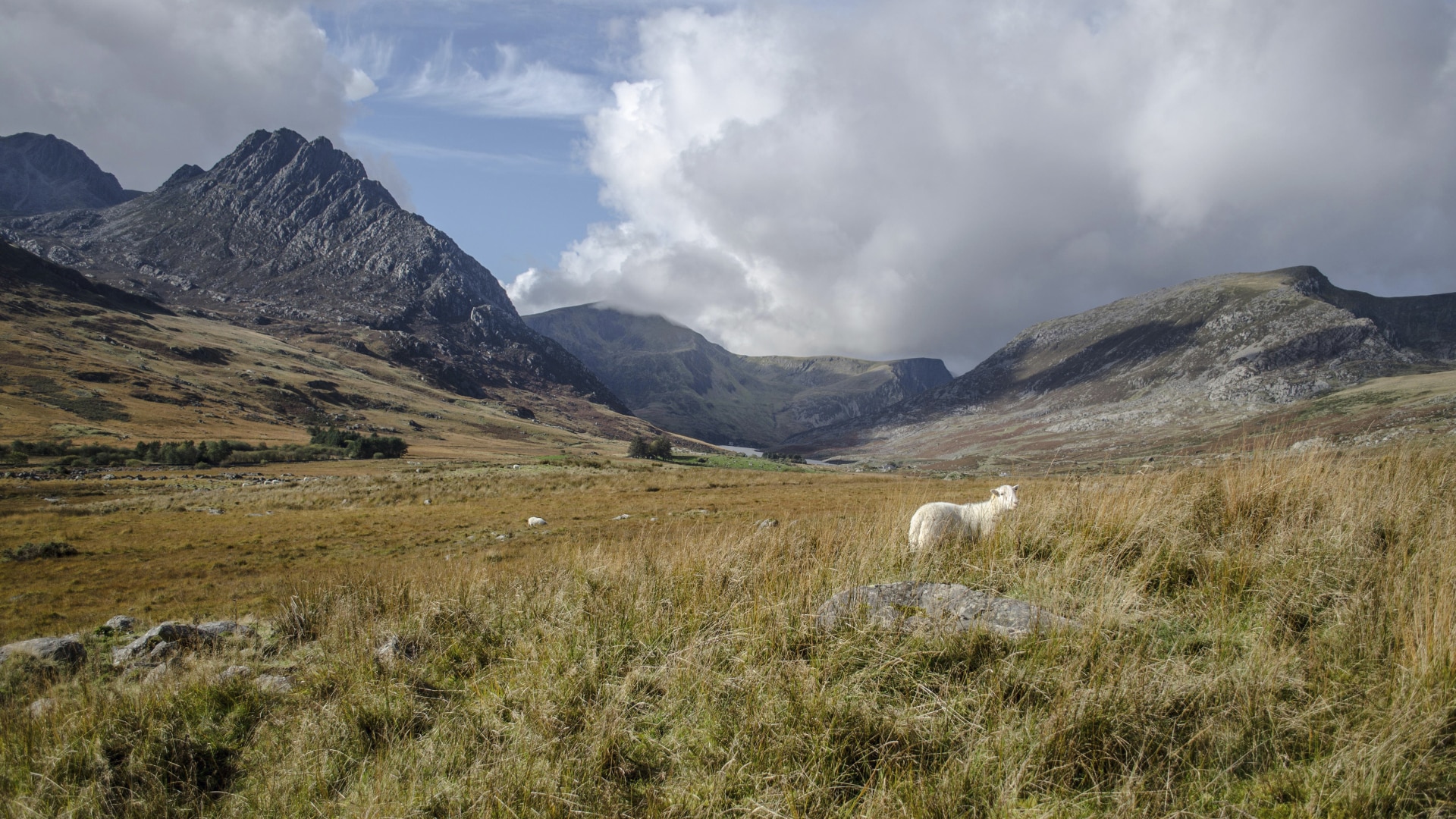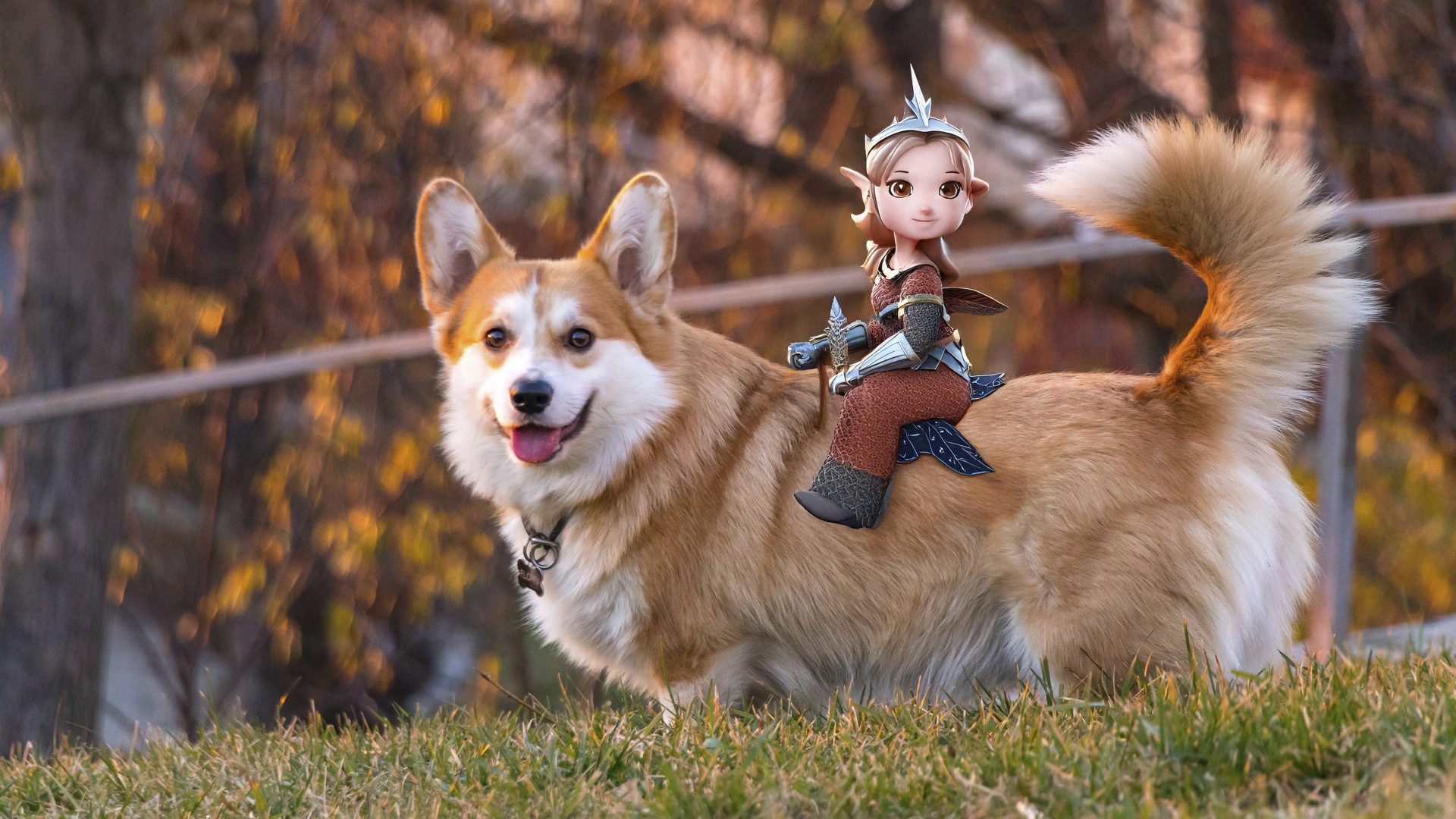Hello and welcome to the Premier Skills English podcast. This series of Football English podcasts are based around the needs of football players and football fans and will present language you need to play the game, language you need to watch the game on TV and online and language you need to travel to the UK to see a match at a Premier League stadium.
In two weeks or thereabouts, the Womens’ Euro 2025 competition will be held in Switzerland and to celebrate the Wales Women’s National Football Team’s first-ever qualification for the Euros The British Council and Welsh Football Association have created some great lesson plans and materials for teachers about the history of the women’s game and about the tournament and some useful football vocabulary in some of the languages that will be spoken at the competition this summer.
Now, I used to live in a town called Ludlow that was very close to the border with Wales and I often crossed over for a trip to the seaside or to visit some of the fine towns and countryside. There is something slightly mysterious about Wales, at least, I’ve always felt that way about Wales. I think it’s partly down to the dramatic landscapes but there’s also something special about the Welsh language which developed before the Norman invasion, so before all the French words were absorbed and anglicised, or made sort of English. This means that Welsh has an ancient feel and it also looks strange because the way it’s written and pronounced is very different to English. Anyhow, before I get too distracted by the majesty and mystery of the landscapes and language, let me tell you about today’s topic. Today, I want to share some interesting facts about Wales so you can learn more about the country and perhaps this will inspire you to support the Dragons and I’ll try to describe some interesting language as I go.
The words and phrases I’m going to focus on are:
- To preserve
- Remote
- Distinctive
- Dragon
- Officially
- To outnumber
- Trailblazer
- Sustainability
- Renowned
- Quaint
- Fairy warriors
- Coastline
So listen out for this language. I’m not going to stop and have a normal language focus, instead, I’m going to simply explain the language as I go.
Wales or Cymru
Wales is a country in the West of Britain. It is part of the island that includes England and Scotland. Most people speak English in Wales, but lots of people also speak Welsh. The country is called Cymru in Welsh and this can be a bit confusing because for an English speaker, when you look at the word Cymru, it’s spelled C Y M R U so you might try to pronounce it sigh um roo or something like that but it’s actually Cymru.
Wales has done a really good job of preserving and promoting its native language, Cymraeg, that’s the Welsh word for Welsh .
To preserve means to keep something safe and stop it from being damaged or changing. It’s most commonly used to talk about nature and old buildings, but it’s also used in relation to language and culture, especially when the language or culture is threatened.
If you drive around Wales, you’ll see road signs and markings in both Welsh and English, and it's an important part of the school curriculum for many children. While English is now the main language, Welsh is still frequently spoken, especially in more remote areas.
Remote describes places that are far away from towns or cities, and not easy to get to.
Almost 20% of the population of Wales can still speak Welsh and there are communities of Welsh speakers in the USA, Australia, New Zealand and there’s a place in Argentina where around 5000 people speak Welsh.
When people in Wales speak English, they have a distinctive accent which features a broader range of intonation than most English accents and this is sometimes described as musical.
Distinctive means something is special and easy to recognize because it is different. It has unique qualities.
I think that Welsh people are quite easy to understand for people learning English, at least easier than say people from Glasgow or Newcastle. I’m not sure though. I think that when people are learning English, the different accents don’t make that much of a difference. My wife is not a native speaker and her favourite comedian is Scottish and he has a very strong accent but it’s never bothered her.
What do Bhutan, Malta and Wales have in common?
They all have a dragon on their flag. The Welsh flag has a red dragon on a green and white background.
A dragon is a mythical creature. Dragons are common in stories and legends, especially fantasy stories about magic. Dragons are often described as large, powerful reptiles with wings, claws, and the ability to breathe fire.
The flag was officially recognized in 1959. There is an ancient book that is supposed to be a record of the history of the Britons that includes a story about a Welsh king who met a famous magician called Merlin who told him to dig under his castle for two dragons. Apparently, the king discovered a red dragon and a white dragon and the red dragon came to represent the Welsh people and the White dragon represented the Anglo Saxons that became the English. Since then, the red dragon has been associated with Cadwaladr, King of Gwynedd, and has been a Welsh symbol for centuries.
Officially means something is done or recognized by someone in a position of authority, like a government or an organization.
Wales is home to an incredible 11.7 million sheep, meaning these woolly residents outnumber people by a whopping four to one! The Welsh are fond of their sheep and they are allowed to roam freely through the hills and valleys. Well, I suppose they are farm animals so they are not completely free, but if you travel through Wales you will see them everywhere.
To outnumber means to be greater in number than another group. This comes up in action films quite often when the hero gets into a fight. Often, the hero will come up against three or more enemies and have to fight all three at once and will of course still win the fight even though they were outnumbered.
Wales is a trailblazer in environmental sustainability. The Welsh Government made sustainable development a legal requirement. At a time when governments seem prepared to set aside their principals and ideals if they think it will encourage businesses, this was a brave move.
A trailblazer is a person or organization that is the first to do something new and important, often creating a path or blazing a train for others to follow.
Sustainability refers to the ability to maintain something at a certain rate or level, especially avoiding using too many natural resources in order to maintain an ecological balance. It's about meeting our needs now without damaging the ability of future generations to meet their own needs.
Wales is also home to the Centre for Alternative Technology, near Machynlleth which is Britain's "major centre for environmental inspiration." This is a great place to visit to learn about alternative technologies and ways that you can reduce your impact on the environment.
Another famous Welsh town is Hay-on-Wye. This small town that’s just over the border with England hosts the renowned Hay literary festival.
Renowned means famous and respected for a particular skill, quality, or achievement. It's a formal way to say someone or something is very well-known.
This festival is held every year for 10 days from May to June and celebrates books and literature. For a long time, Hay-on-Wye was known as the "second-hand book capital of the world" and has long been associated with books and reading and since 1988 has held the Hay literary festival which started as a celebration of books and authors but now includes music and film previews. The quaint Welsh town is also twinned with the ancient Malian city of Timbuktu! Timbuktu is known as the oldest home of the written word in Africa, boasting numerous libraries filled with ancient manuscripts. Both places share a deep love for the written word!
Quaint describes something that is attractive in an unusual or old-fashioned way. It often refers to villages, houses, or customs that have a charming, old-world feel.
Queen Elizabeth II was known to be a dog lover and her favourite type of dog was a corgi. The full name of this breed is Pembroke Welsh Corgis which come from Wales! These tiny but mighty dogs have ancestry dating back to the 10th century. Welsh legend even says they are a magical breed, serving as steeds for fairy warriors!
Fairies are imaginary or mythical beings from folklore, often depicted as small, magical human-like creatures. The most famous fairy is Tinkerbell from Peter Pan. A warrior is a type of fighter who fights in battles in wars. And in some myths, there are fairy warriors that ride corgis into battle.
As well as small dogs, Pembrokeshire is home to the smallest city in the UK and the seventh smallest city in the world! Nestled on the Pembrokeshire coastline, St Davids, which is built around its 6th-century cathedral, was granted city status in 1995. It's surrounded by stunning coastal scenery, rich in wildlife and beautiful beaches.
Coastline refers to the outline of a country's or continent's land along the sea or ocean. It's the shape of the land where it meets the water.
OK - the last fun fact that I want to share with you is also one I have been dreading. There is a town in Wales that has the longest place name in the UK and the second longest place name in the world. The name in English means St Mary's Church in the Hollow of the White Hazel near a Rapid Whirlpool and the Church of St. Tysilio near the Red Cave. And in Welsh, that is Llanfairpwllgwyngyllgogerychwyrndrobwllllantysiliogogogoch.
I’m not joking, that took me about 25 minutes to learn how to say. I think that I will have to visit there one day just so I have an excuse to say it again.
OK. Today, I have spoken about:
- To preserve
- Remote
- Distinctive
- Dragon
- Officially
- To outnumber
- Trailblazer
- Sustainability
- Renowned
- Quaint
- Fairy warriors
- Coastline
Now it’s your turn to think about this language again. I have 12 sentences that each should include one of the items from today’s podcast. I want you to listen and try to fill in the gaps with the correct form of the vocabulary from today’s story about Wales.
- The Welsh flag has a red ______ on it.
- She became a ______ for women in politics, inspiring many others.
- The country has a beautiful ______ with many sandy beaches.
- In some parts of Wales, sheep ______ people four to one.
- It is important to ______ old books and historical documents for future generations.
- Companies are focusing more on ______ to protect the planet.
- We stayed in a ______ little cottage by the sea.
- The artist's work has a very ______ style that you can always recognize.
- In Welsh legend, some dogs were said to be the steeds of ______.
- She is a ______ expert in ancient history.
- The country ______ adopted a new national anthem last year.
- They built a small cabin in a very ______ part of the mountains.
There is an interactive activity on the page for this podcast on the Premier League British Council website that you can use to check to see if you’ve got the right answers.
Football phrase
Today the football phrase is ***. This represents a performance in an international football match. In the past, if a player represented their country in a football match, they were awarded a special ***. These days, people don’t always get physical ****, but they are still said to have a *** for each international match they play. I think that if you play at the world cup, you only get one *** for all of the group matches so when David Beckham was awarded his 100th ***, he only received his 85th physical ***. The Welsh player in the Women’s team with the most **** is Jess Fishlock who has an amazing 158 ****.
If you think you know what the football phrase is, leave it in a comment on the page for this podcast on the Premier League British Council website and I’ll let you know if you’re right.
And that’s all I have time for today. Before I finish, I just wanted to say that I hope you found this podcast useful, and I hope everyone stays fit and healthy and safe.
Bye for now and enjoy your football.













*** is the FP.